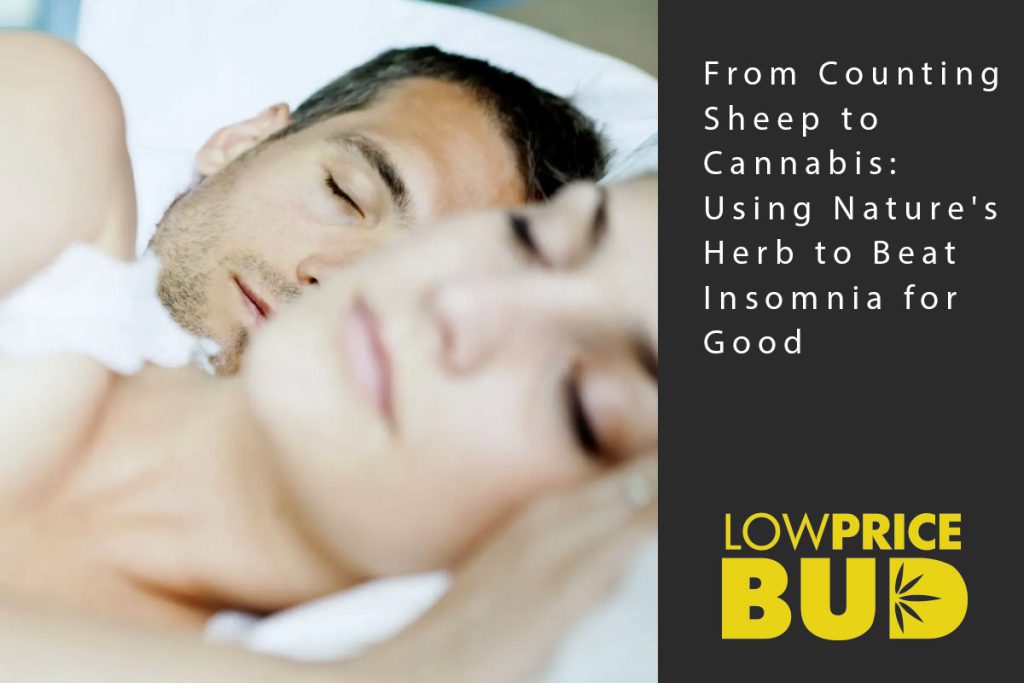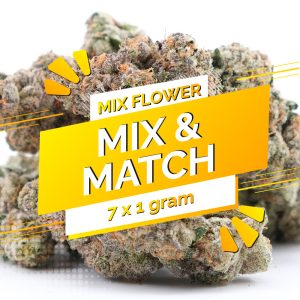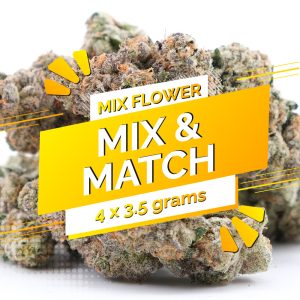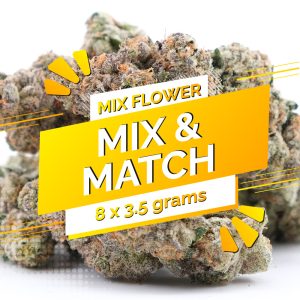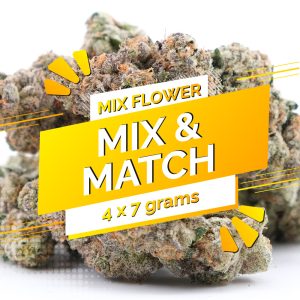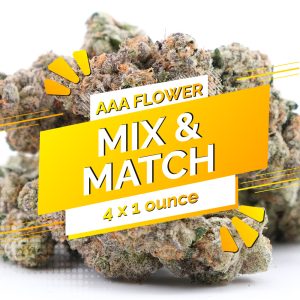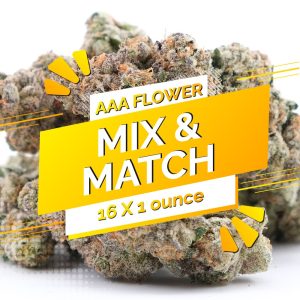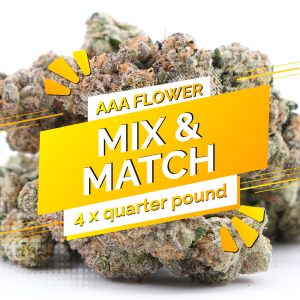The frustration of insomnia, with sleepless nights feeling like an eternity, is a reality for many. From counting sheep to sleep aids, people seek solutions. But what if nature’s herb, cannabis, holds the answer? In recent years, growing interest in cannabis for sleep has piqued the curiosity of researchers and wellness enthusiasts due to its sedating and relaxation properties. This article delves into cannabis as a remedy for insomnia, exploring the science behind it and elucidating various strains and consumption methods.
Understanding Insomnia
Insomnia, a frequent sleep problem, involves trouble falling asleep, staying asleep, or both. It can severely affect an individual’s well-being, leading to daytime fatigue, impaired thinking, and mood disruptions. Insomnia is categorized into two types: acute, often due to temporary factors like stress, jet lag, or medication, and chronic, which lasts for at least three nights a week over three months or longer.
How Cannabis Can Help with Insomnia
Cannabis, renowned for its relaxation and sedative effects, holds promise as a potential remedy for insomnia. The plant contains cannabinoids that interact with the body’s endocannabinoid system. Two noteworthy cannabinoids for sleep are THC (tetrahydrocannabinol) and CBD (cannabidiol). THC, known for its psychoactive qualities, can promote sleep, benefiting those with insomnia. In contrast, CBD, lacking psychoactive effects, offers a calming influence, particularly valuable for stress-induced insomnia. Ongoing research on cannabis and sleep yields promising results, with studies indicating that THC can reduce the time needed to fall asleep and enhance sleep quality. CBD has also demonstrated improved sleep quality and reduced anxiety in individuals with insomnia. Individual responses to cannabis may vary, necessitating caution and guidance from healthcare professionals when considering it as a sleep aid.
Different Strains of Cannabis for Sleep
Cannabis strains differ significantly in their suitability for promoting sleep. Some strains are better equipped to induce relaxation and sedation, making them particularly effective for addressing insomnia. Here are some well-known strains with sleep-inducing properties:
- Indica: Indica strains are renowned for their relaxation and body high effects, often having higher THC and lower CBD levels, which make them conducive to sedation. Popular indica strains for sleep include Granddaddy Purple, Northern Lights, and Purple Kush.
- Hybrid: Hybrid strains blend indica and sativa traits, offering a middle ground between relaxation and gentle stimulation. Depending on the specific hybrid, it can lean towards sedation or provide a more balanced experience. Examples of hybrid strains suited for sleep include Blue Dream, Girl Scout Cookies, and OG Kush.
- High-CBD: CBD-dominant strains are an excellent choice for those seeking potential sleep benefits from cannabis without THC’s psychoactive effects. These strains contain lower THC levels and higher CBD, providing a calming, anxiety-reducing experience. Common high-CBD strains for sleep include ACDC, Harlequin, and Charlotte’s Web.
Methods of Consuming Cannabis for Sleep
When considering cannabis as a sleep aid, there are various consumption methods to explore, each with its onset time and duration, offering customization to individual preferences and requirements. Here are some common methods:
- Smoking: Involves inhaling smoke produced by burning dried flower buds, offering rapid effects within minutes, ideal for those seeking quick relief. However, the duration of effects may be shorter compared to other methods.
- Vaping: Entails heating cannabis flower or oil to release cannabinoids without combustion, providing a swift onset like smoking but typically considered less harmful to the respiratory system. The long-term health effects of vaping are still under study.
- Edibles: Include cannabis-infused products consumed orally, such as gummies, chocolates, or baked goods. Effects may have a delayed onset, taking 30 minutes to 2 hours, but can last longer than smoking or vaping, making them suitable for sustained sleep support.
- Tinctures: Liquid cannabis extracts, often taken sublingually (under the tongue) using a dropper, offer relatively rapid onset in 15-30 minutes and provide a convenient, discreet consumption method. Tinctures allow for easy dose adjustments to find the optimal sleep-supporting dose.
- Topicals: Cannabis-infused products applied directly to the skin, such as creams or lotions, are not commonly used for sleep support. However, they can offer localized relief for muscle relaxation and pain, potentially indirectly promoting better sleep.
Conclusion
While cannabis displays potential as a natural remedy for insomnia, it’s imperative to use it cautiously with appropriate medical guidance. Individual responses to cannabis can vary based on factors like tolerance and metabolism, and potential risks and side effects must be considered, including cognitive impairment, dependence, and interactions with other medications. If you’re contemplating cannabis for better sleep, consult a healthcare professional who can offer personalized advice considering your specific needs and medical history, guiding you on dosing and consumption methods. Although further research is required to comprehend its efficacy and long-term effects, cannabis offers promise as a natural alternative for insomnia. By selecting the right strain, consumption method, and seeking healthcare guidance, you may find a pathway to restful sleep that harnesses the potential of nature’s herb – cannabis. Visit Lowpricebud.co online dispensary for all your cannabis needs.
Build Your Own Oz 8 x 3.5g
$140.00Build Your Own Oz 4 x 7g
$140.00Build Your Own (AAA) Half Pound
$550.00Build Your Own (AAA) Pound 16 x 28g
$1,050.00Build Your Own (AAA) Pound 4 x 112g
$1,050.00

